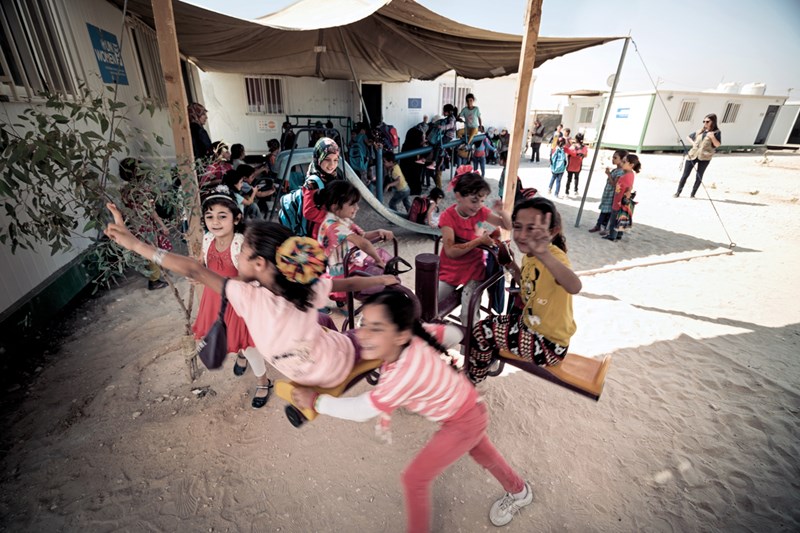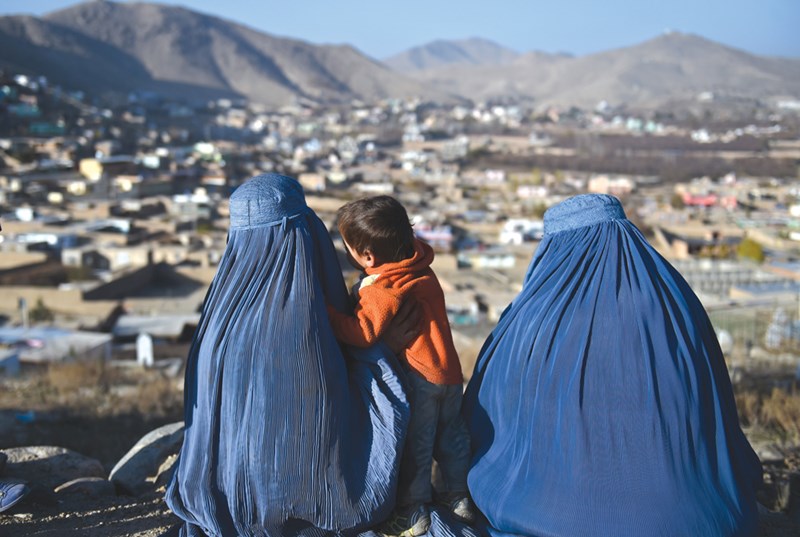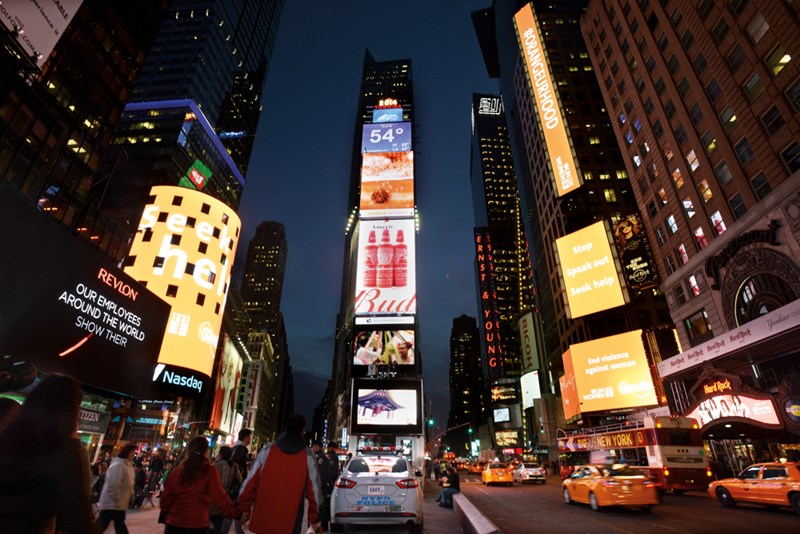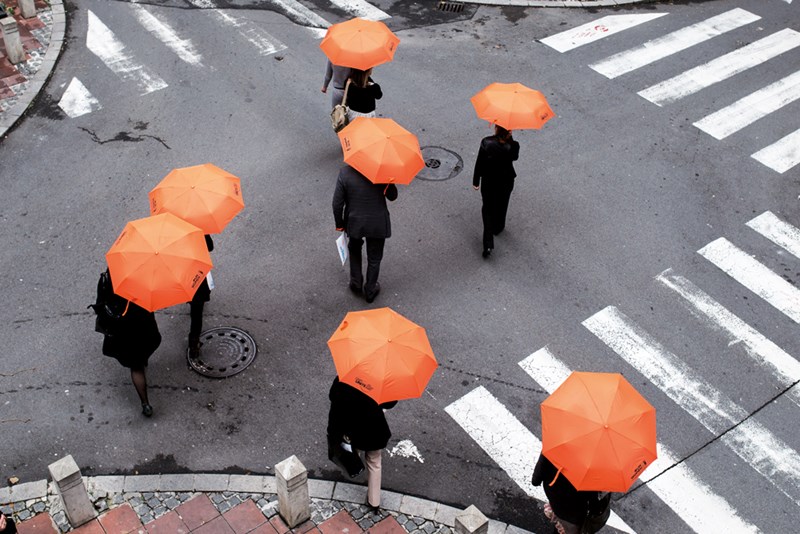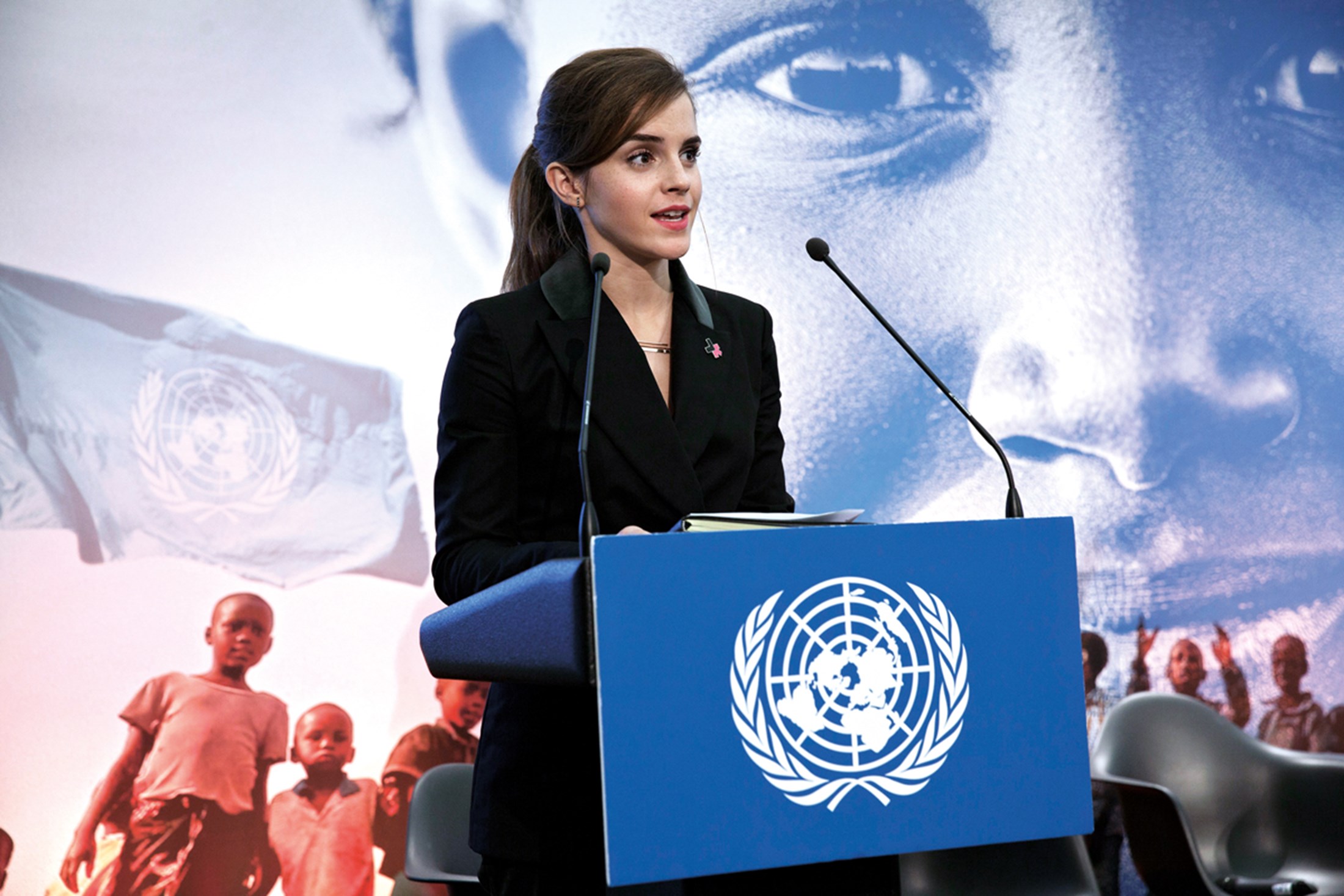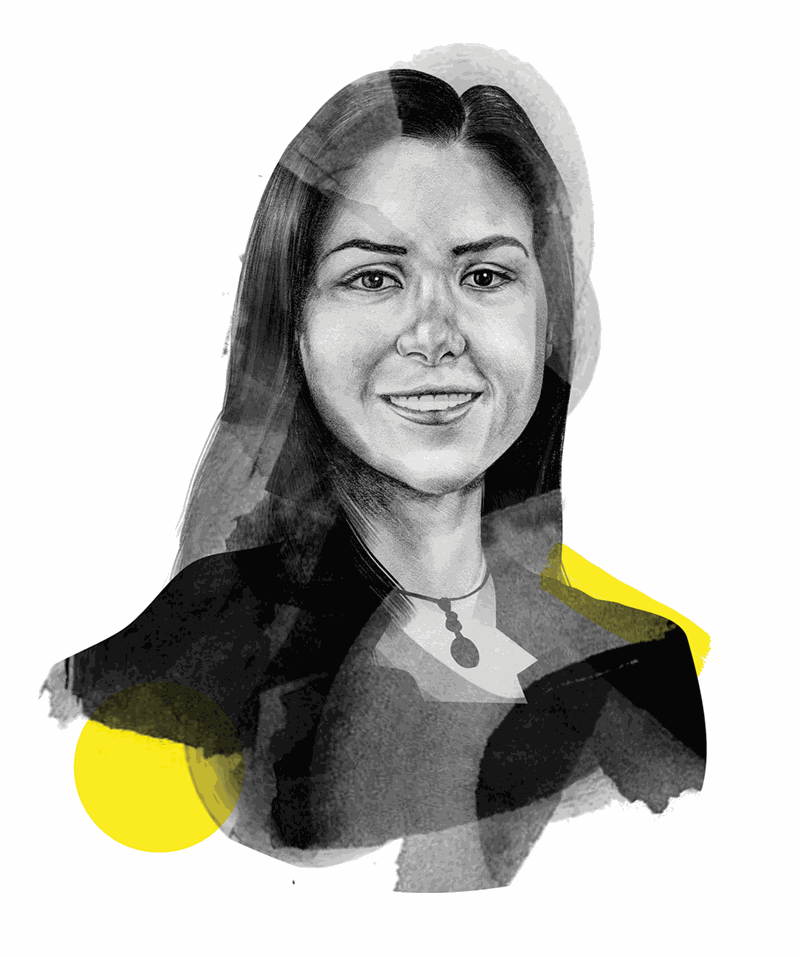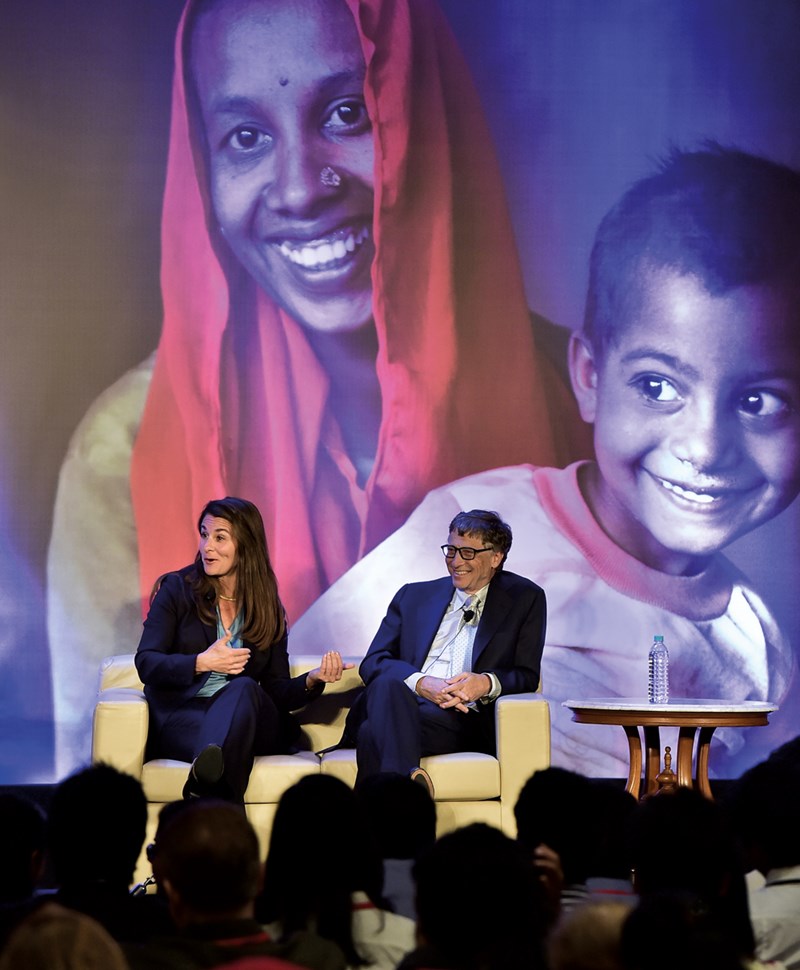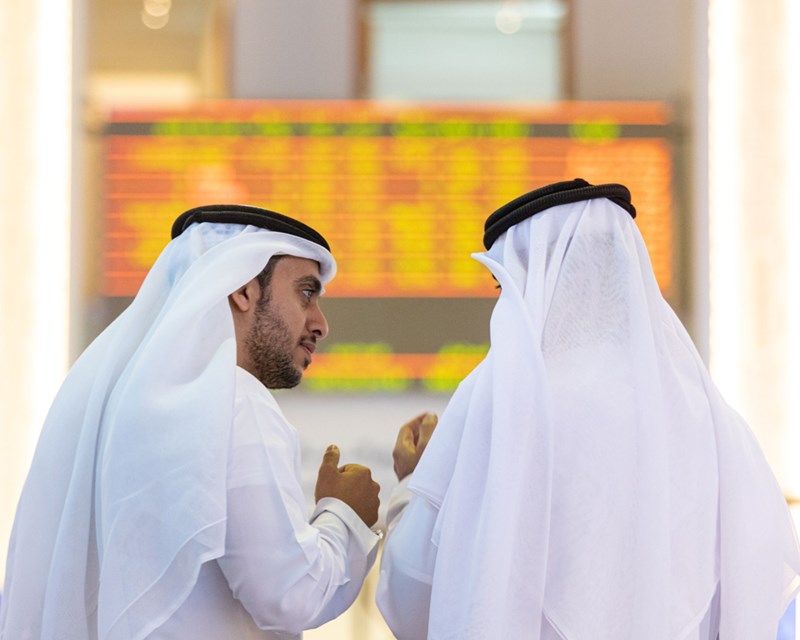In a short preamble before pledging $5m to UN Women in September, Jack Ma, China’s biggest e-commerce tycoon, paid tribute to the agency’s executive director. “This,” he said, sweeping a hand at a gathering that included Melinda Gates, Unilever CEO Paul Polman and Indian billionaire Naveen Jain, “this is the Phumzile effect.”
Phumzile Mlambo-Ngcuka is not yet a household name. But that may be changing. As the head of UN Women, Mlambo-Ngcuka has set in motion the biggest push yet to erase global gender inequality, setting an expiry date of 2030. Launched last year, Planet 50-50 is a clarion call to states, world leaders and citizens to commit to championing an equal world over the next two decades; for women, for men, for all. It is, says Mlambo-Ngcuka, who formerly served as deputy president of South Africa, a tipping point.
“Now is the time,” she says. “There is a moment here, and we can’t lose it. Every president must know; gender is on the agenda. And I will be breathing down their necks.”
UN Women is coming of age. At just five-years-old, it is still the new kid on the UN block, with the weighty task of defending the rights of half the world’s population. The agency has wrestled with finding its political footing, and – despite being fêted by global leaders – a chronic scarcity of funding. At launch, UN Women had a target budget of $500m. It has yet to meet that goal. The notion that gender equality is neither free, nor cheap, seems difficult for some governments to accept.
“It is no coincidence that in almost every country, rich or poor, the women’s agenda is underfunded,” Mlambo-Ngcuka says. “There is support for us, lots. But when it comes to putting money on the table, there is a sense of ‘Go and bake the cakes’. It’s a key, limiting issue for us.”
The UN does no better. In the annual act of parceling out cash to its micro-agencies, it provides less than 3 per cent of UN Women’s budget.
The tide must turn. At the breakfast meeting, co-hosted by Ma, private sector leaders and philanthropists raised $20.6m. A day later China pledged $10m, alongside joining more than 80 states in committing to bridge the gender gap, and trigger a cultural shift in their own societies.
Among those to speak was German Chancellor Angela Merkel, who aimed a jab at those supporters slow to back their platitudes with deeds. “Commitments are good,” she said crisply. “Action is better. Let us take action.”

